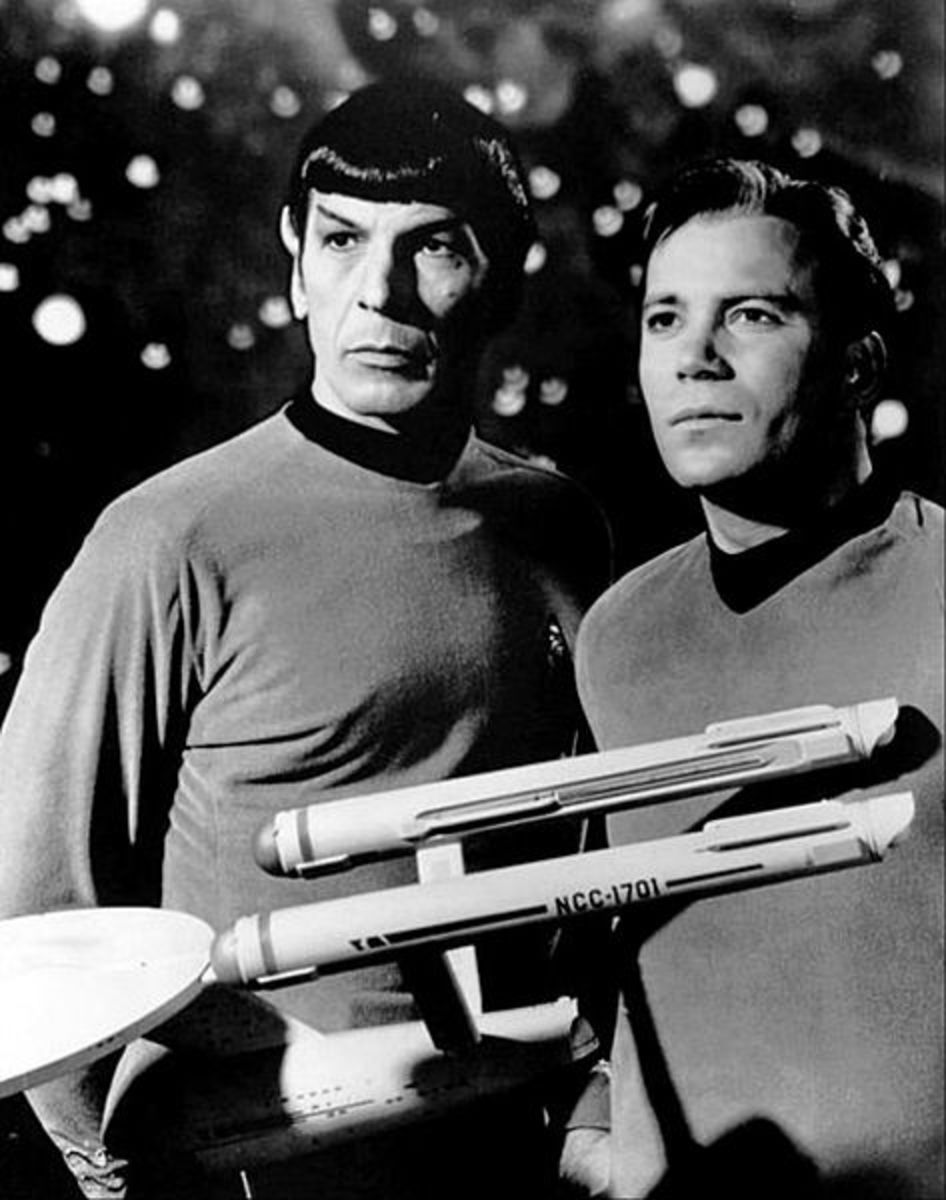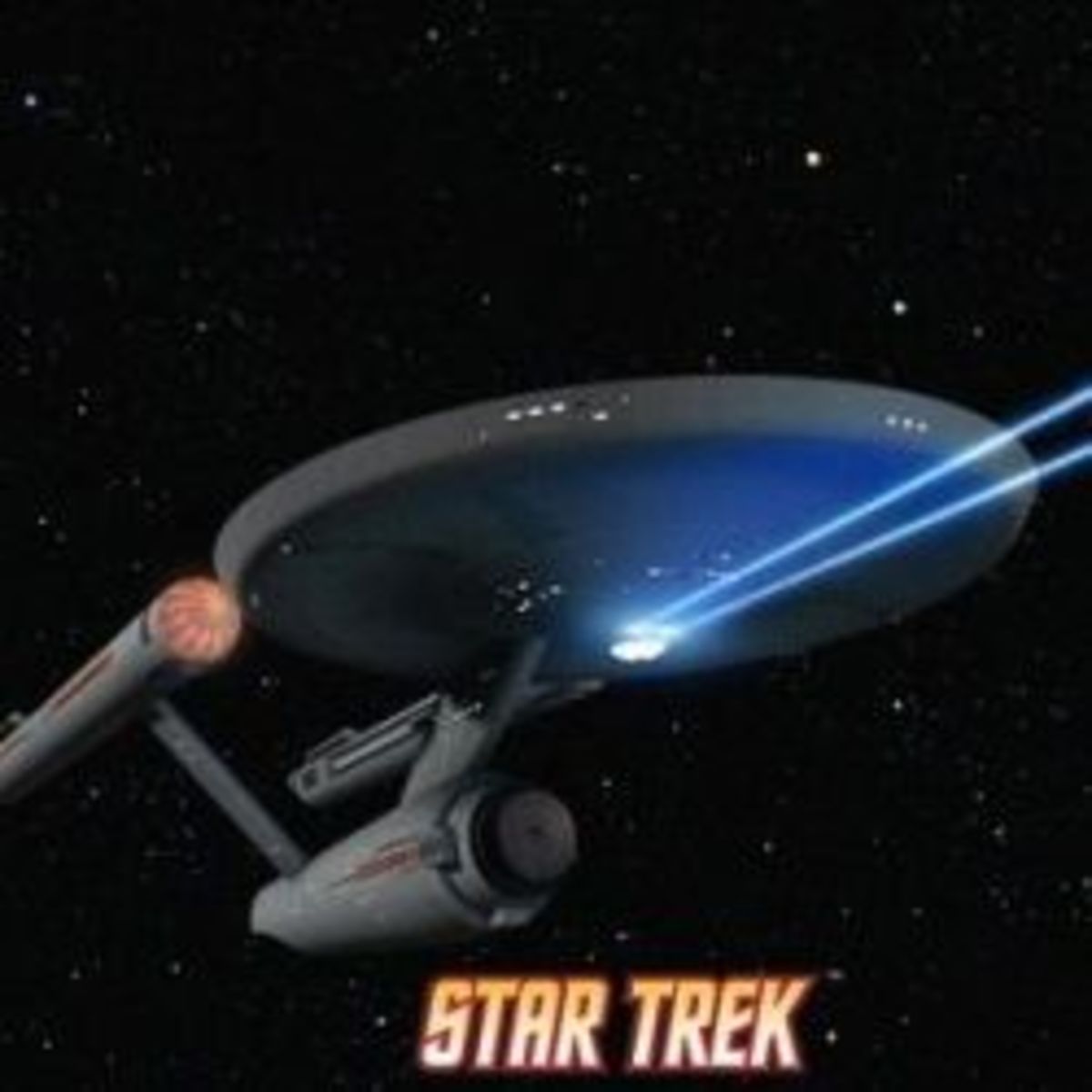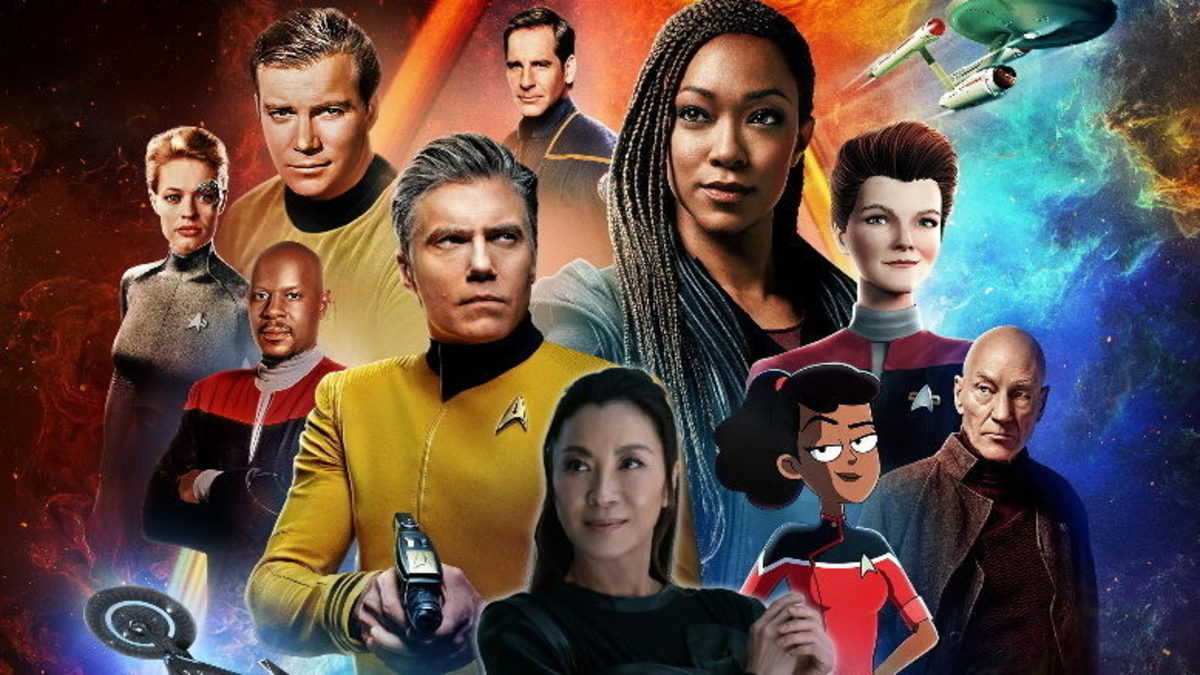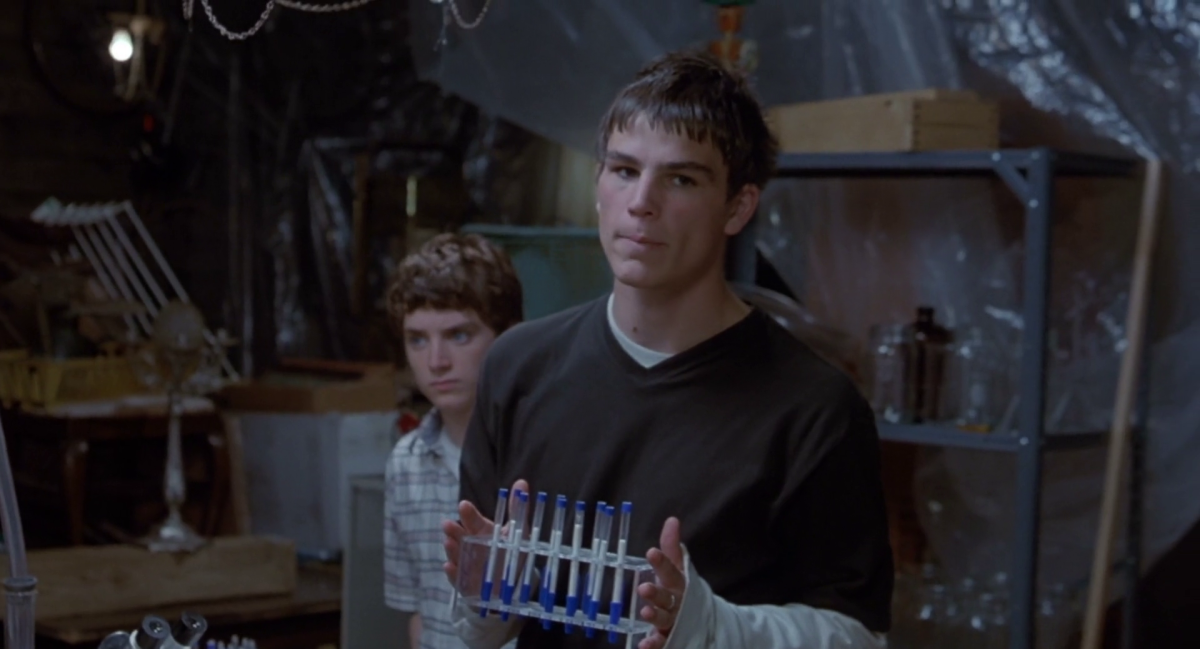Rating the Star Trek Movies
These are the voyages...
Paramount has made Star Trek one of the cornerstones of its empire, releasing 11 movies in 30 years with number twelve scheduled for release in 2012. Twelve movies combined with Star Trek, The Animated Series, The Next Generation, Deep Space Nine, Voyager and the Enterprise television programs to offer a rich, multi-faceted universe that continually built upon the Star Trek lore and mythology. Star Trek movies markedly differ from the television episodes in that a television series is trapped in a static format—nothing happens that will dramatically change the premise of the show. The relationships and scenarios are much the same seven years into the show as they were in the very beginning. The movies are fun because they are free to advance the stories and characters to allow for growth. The major changes that take place in the lives of the Star Trek characters mostly occur in the movies—or between them.
I watched Star Trek from the very beginning, tuning in each week to the exploits of Captain Kirk and the crew of the Enterprise. The animated series hit Saturday morning television in 1973. I was too old to watch cartoons, but still made time for this one. Given the standards in animation at the time, it was extremely well done and featured stories by talented authors such as Samuel Peeples, D.C. Fontana and David Gerrold. This cartoon was really Star Trek. When The Next Generation was introduced, I gladly accepted the 24th century Star Trek universe, complete with counselors and Klingons on the bridge of a starship. Deep Space Nine was simultaneously my favorite and least favorite Trek offering; I was averse to its dramatic departure from the standard Trek adventure; when I got used to it, I saw DS9 as the most complex, thought-provoking of all Trek incarnations. I enjoyed Voyager’s odd anti-quest (to boldly get back from where no one has gone before). Enterprise reminded me of the first pilot (The Cage), and Captain Archer seemed the commander I would most like to serve under if I were in Star Fleet. It wasn’t my favorite version of Star Trek, but it was good enough to hang with the rest.
And then there were the movies. I eagerly anticipated the first Star Trek movies, standing outside in a long line on a cold, wet night to see Star Trek: The Motion Picture. It was a visual treat, and the Wrath of Khan was Star Trek at its best. Generations passed the torch from the original cast to the STNG group, and the latest movie offers both a look back and ahead. I wish to list the Star Trek movies in my personal order of preference, along with what I liked and disliked about each.
To boldly go where no one has gone before

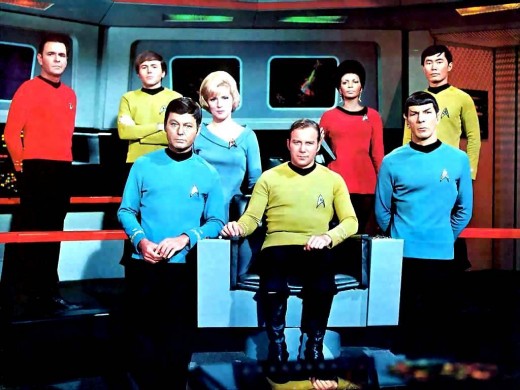

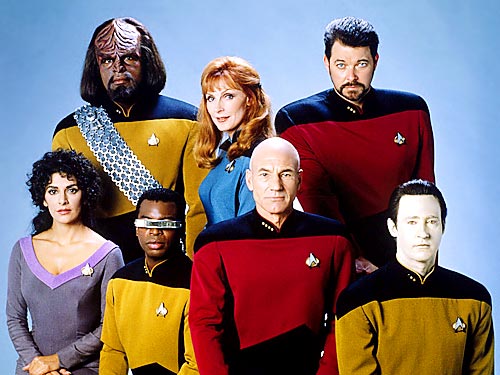
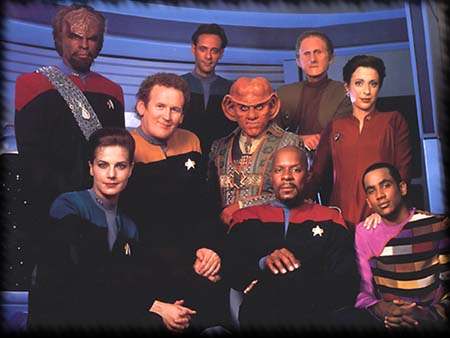
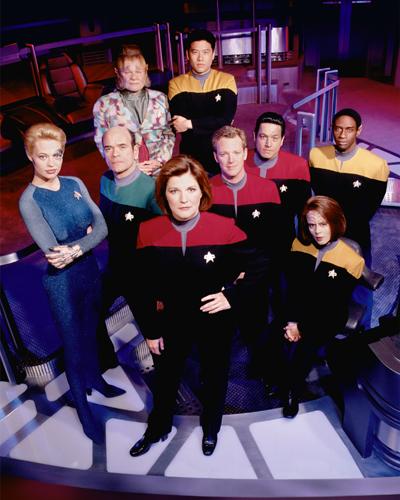
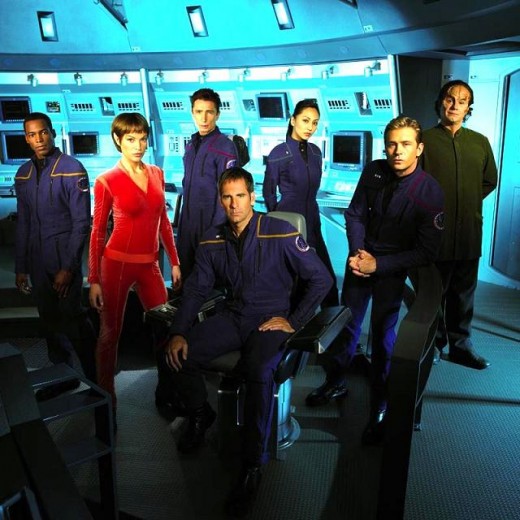
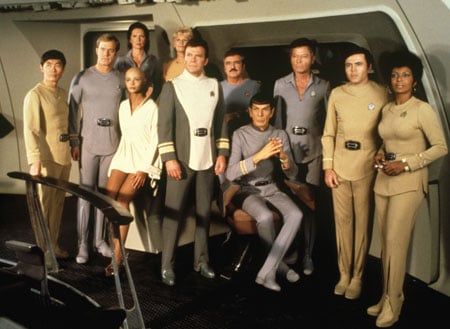
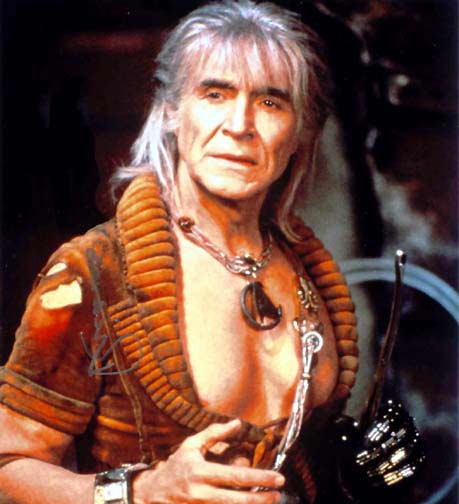
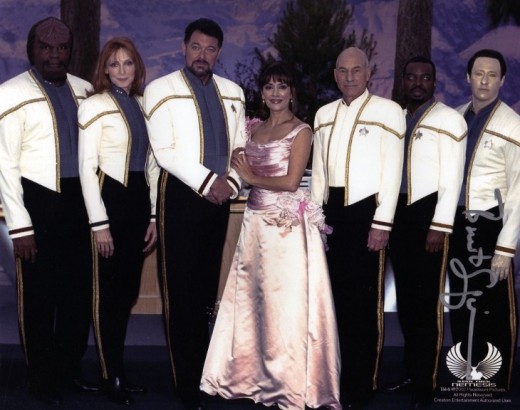
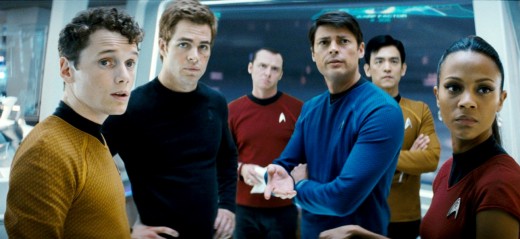
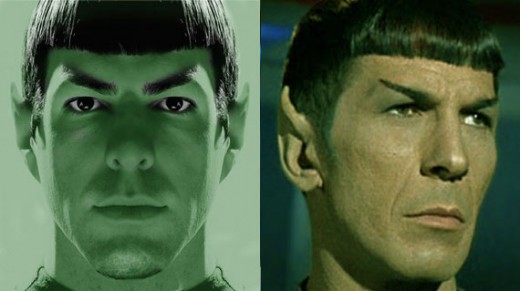
The movies, in my order of preference
Star Trek 2: The Wrath of Khan (1982). Budget: $12,000,000; Box Office: $97,000,000; Reviews: Praised. Khan returns to menace Kirk, who (in the midst of a mid-life crisis) is reunited with a former lover and his son. Spock dies saving the ship in the end. What I liked: Khan was a terrific menace, and the Kirk-Spock friendship was never depicted so well. The Enterprise as a training ship was a nice touch, and Kirstie Alley performed well as Saavik. What I disliked: Kirk and Khan never met face-to-face.
Star Trek 4: The Voyage Home (1986). Budget: $27,000,000 (estimate). Box Office: $133,000,000. Reviews: Praised. An alien probe wreaks havoc on Earth while attempting to communicate with an extinct species. Kirk and his crew go back in time to “save the whales” and solve the problem. What I liked: William Shatner and Leonard Nimoy were at their best in this fun and entertaining story—their interaction was never better. What I disliked: They agree to bring Gillian Taylor to the future and she’s assigned to a science vessel! Can I go, too? I like science!
Star Trek: First Contact (1996). Budget: $45,000,000. Box Office: $146,027,888. Reviews: Praised. The Borg travel back in time to change Earth’s history. Picard and the Enterprise follow, arriving the day before Zephram Cochrane’s historic warp drive flight. Picard and Data battle the Borg on the Enterprise; the remaining crew ensures Earth’s history remains unchanged. What I liked: Classic dialogue, including Cochrane asking if the Enterprise crew were astronauts on some kind of “star trek”. The idea of Vulcans noticing Cochrane’s flight was a nice touch. What I disliked: No effort to unify the Cochrane of this movie and the character presented in the original series, visually or characteristically.
Star Trek (2009). Budget: $150,000,000. Box Office: $384,953,671. Reviews: Praised. Retelling of Kirk’s days in Star Fleet Academy and his ascension to command of the Enterprise. Spock and a Romulan commander emerge from a black hole into the past, creating a new time line. Spock guides young Kirk toward command in order to defeat the Romulan Nero. What I liked: The new cast was attractive and energetic, with the promise of more Star Trek movies to come. What I disliked: The alternate reality storyline frees writers to take Trek in any direction they choose, but I dislike that everything we’ve seen so far has technically been “erased”. While I found a relationship between Uhura and Spock intriguing, Spock would not kiss in the turbo-lift—I don’t care how young they are. Vulcans don’t do that in any reality.
Star Trek Generations (1994). Budget: $35,000,000 (estimate). Box Office: $118,100,000. Reviews: Mixed. Kirk saves the Enterprise but is lost in an energy ribbon called the Nexus. 78 years later, Picard’s Enterprise encounters the same phenomena. A refugee named Soran intends to destroy a sun in an effort to return to the Nexus. While trying to stop Soran, Picard enters the Nexus and finds Kirk there. They return to defeat Soran, but Kirk is killed. What I liked: Changes in the lives of the crew since we saw them last. Picard’s repressed love of family and children, revealed in full in the Nexus. What I disliked: Kirk symbolically handing over the reins of the ship to Picard. Picard wasn’t a newbie, we watched him as captain for seven years.
Star Trek: The Motion Picture (1979). Budget: $46,000,000; Box Office: $139,000,000; Reviews: Mixed. The Enterprise is re-launched to investigate a powerful force heading toward Earth. The menace was an earth probe that gained unimaginable power and returned in search of its creator. What I liked: The new Enterprise was beautiful and the cast looked surprisingly young, despite a 10+ year hiatus. The changes in Spock, McCoy and the rest were intriguing. What I disliked: The plot was slow and ponderous, with the crew gawking at what they saw on the view screen throughout. It was pretty, but it didn’t look dangerous.
Star Trek Nemesis (2002). Budget: $60,000,000. Box Office: $67,312,826. Reviews: Mixed. The Enterprise is sent to Romulus, where they meet a Reman named Shinzon—a clone of Picard. Shinzon claims to want peace, but secretly plans to attack Earth. Enterprise battles Shinzon’s massive ship while Picard meets Shinzon in hand-to-hand combat. He defeats the clone and destroys his plans for conquest, but at the cost of Data’s life. What I liked: The crew finally moves on with their lives—Riker and Troi marry, Crusher returns to Starfleet Medical, etc. The less evolved replica of Data allows the character to “start over” in its quest for humanity. What I disliked: The actor playing Shinzon looked nothing like Patrick Stewart, except for his bald head. The idea that he could be recognized as Picard was preposterous.
Star Trek 3: The Search for Spock (1984). Budget: $17,000,000. Box Office: $87,000,000. Reviews: Mostly positive. Kirk hijacks the Enterprise and returns to the Genesis planet to save Spock, whose “katra” was transferred to McCoy. The Enterprise is destroyed in the process. What I liked: The theme of friendship continues. Also, small moments in the film, including Uhura’s pointing a phaser at a cadet wishing for excitement, and the Captain of the Excelsior, wondering why a ship in space dock would go to yellow alert. What I disliked: The ending was a foregone conclusion since we knew Spock would return—subsequently, the plot seemed contrived.
Star Trek: Insurrection (1998). Budget: $58,000,000. Box Office: $112,600,000. Reviews: Mixed. Star Fleet conspires with an alien species to “steal” a planet from its peaceful occupants without their knowledge. Picard determines the covert act violates the Prime Directive and opposes the alien race and Star Fleet. What I liked: Data always makes a cool opponent, and it was interesting to watch his “out-of-control” attack. I also appreciated that Data’s emotion chip was removed—the tendency to play him for jokes and gags injured his character. What I disliked: This movie was correctly billed as a “glorified television episode.” It added nothing to Star Trek.
Star Trek 6: The Undiscovered Country (1991). Budget: $27,000,000. Box Office: $96,889,000. Reviews: Mostly positive. The Klingon Empire is on the verge of collapse following the explosion of one of their moons. They sue for peace, and Kirk is sent to meet with their emissaries. Enterprise seemingly fires on the Klingon vessel, and Kirk and McCoy are sentenced to a prison planet. Spock discovers the traitor who killed the Klingons, and Kirk is freed. What I liked: The movie attempted to genuinely end the careers of Kirk and his crew—we knew it was their last adventure. What I disliked: The plot was confusing, and the idea of Klingons sitting around quoting Shakespeare seemed absurd.
Star Trek 5: The Final Frontier (1989). Budget: $27,800,000 (estimate). Box Office: $70,000,000. Reviews: Panned. The Enterprise attempts to diffuse a hostage situation at Nimbus III. Spock’s half-brother takes over the ship in search of Sha Ka Ree, where he hopes to meet the creator. What I liked: The hallucinations Sybock used on Spock and McCoy to reveal their pain were interesting. Also, Nichelle Nichols proved age had done nothing to her shapely legs. What I disliked: Did it have to be a Vulcan looking for Sha Ka Ree? Did it have to be a passionate Vulcan, no less? Did it have to be Spock’s half-brother? These were plot twists without logic or merit, and made the movie seem foolish. The Klingons seemed superfluous to the plot, as well.
Untitled Sequel (2012). We’ll have to wait and see….
Paramount has made each Star Trek television series and all movies available for home viewing in DVD or Blu Ray disc format.
Thanks for reading. Resistance is futile.

Read more hubs about science fiction and fantasy
- Lost in Space--My Ten Best Episodes
Lost in Space, the popular television series which aired between 1965 and 1968, was intended as an outer-space adaption of Swiss Family Robinson. Set in the distant future of 1997, Irwin Allens show... - Top Ten Villains from the 1960s Batman Television Show
On Wednesday, January 12, 1966, the world of television was changed forever. Adam West and Burt Ward starred as Batman and Robin, making their prime time debut in a series unlike anything else that had... - Ten Things That Should Happen in the Final Season of Smallville
The CW Network announced that Smallville will return for a tenth and final season. Reminiscent of the final Star Wars movie, what's supposed to occur next in Clarks life isn't a mystery. Fans... - The Women of Smallville
It was recently reported by the CW network that their hit series Smallville will return for a tenth and final season. The cast of this remarkably durable show has changed over the years, but two... - The Catwoman: Batman's Sexiest Adversary and Femme Fatale
Batman had a large rogues gallery of villains since his debut in 1939 that continually returned to menace him. The Joker, the Riddler, Ras al Ghul and the Penguin were among the most famous and... - Charmed and Cole Turner, Barnabas Collins and Dark Shadows
One was a daytime soap opera for the ABC network in the 60s, the other a drama/adventure produced for a minor television network in 1998. Both amassed a certain cult following with paperback novels,... - Rating the Actors Playing Superman
From an early age, I was always interested in comics. Predictably, the first comic book I read starred Superman, the strange visitor from another planet with powers and abilities far beyond those of mortal...


